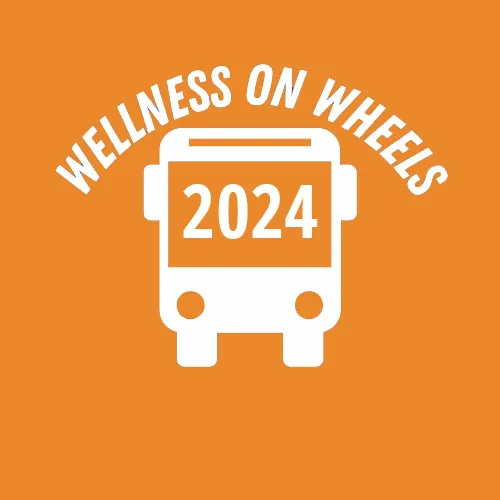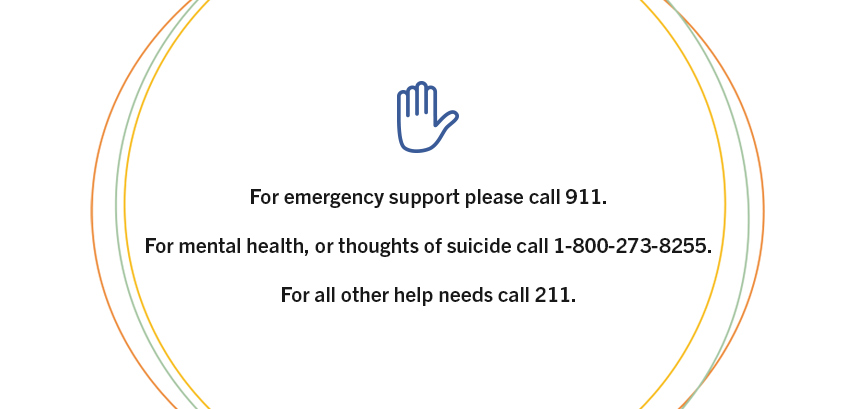In 2015, New Hampshire received approval from the Center for Medicare and Medicaid Services (CMS) for the Building Capacity for Transformation Waiver, a Medicaid Section 1115(a) demonstration waiver also referred to as DSRIP (Delivery System Reform Incentive Program). This enabled New Hampshire to use about $150 million in Medicaid funds over five years to expand community-based mental health, combat the opioid crisis, and drive delivery system reform for Medicaid beneficiaries. Seven regional networks were established to do this work.
Network4Health (N4H) covered the Greater Manchester Region in what became known as IDN Region 4 which is comprised of 18 communities surrounding Greater Manchester, Derry, and Salem. The region has a total population of more than 320,000, however, the target population to be served is estimated to be about 48,000 individuals: more than 25% of the state’s Medicaid population.
Catholic Medical Center (CMC) was the agency taking the lead of partnerships. The N4H Partnership Team is composed of representatives of the CMC leadership team and one representative of each of the nearly 43 partner organizations. Partner organization included the region’s three acute care hospitals, three primary care health systems, two federally qualified health centers, two NH designated community mental health centers, two NH designated area agencies (serving individuals who experience developmental and intellectual disabilities), two NH counties, the City of Manchester Health Department, the City of Manchester School District, six peer support and advocacy organizations, seventeen community based social services and home health organizations, seven organizations providing or advocating for housing opportunities, and six behavioral health providers. The N4H Steering Committee has been the primary governing body for N4H and is composed of 12 representative leaders from the partner organizations and is responsible for guiding the day-to-day work of the network.
According to the Network 4 Health’s Executive Director Peter Janelle “Makin’ It Happen was involved from the beginning and played a critical role in community engagement”. Starting 2016 Makin’ It Happen (MIH) provided key support such as coordinating the initial focus groups which would inform the development of the IDN.
As a result of the focus groups, MIH helped to support the IDN was able to focus on the work they wanted to accomplish. All the IDNs were required to address three required projects and three community-driven projects including
- Behavioral Health Workforce Capacity Development
- HIT Infrastructure to Support Integration
- Integrated Healthcare
- Critical Time Intervention (CTI)
- SUD Partial Hospitalization Program
- Integrated Treatment of Co-Occurring Disorders
The project has seen some major accomplishments since 2015.
Funding for professional training and scholarships for education was offered throughout the region. One example of this type of training was bringing in Dr. Cassie Yackley to provide learning around trauma-informed care. Other accomplishments in professional training management and leadership development, scholarships for CHW, CRSW and Medical Interpreter training, scholarships with Manchester CC, Granite State, and UNH
Some other key accomplishments were highlighting the importance and efficacy of serving individuals with primary care and behavioral health care needs in a coordinated and integrated approach. Developing significant, measurable and lasting impact arising from the work performed by the individual projects. The mobilization of significant collaboration that resulted in the adoption of promising and evidence-based practices among its partners
Another key accomplishment of N4H was that they provided funding to pay .5 FTE that was lost from the state for the Continuum of Care Facilitator. The positions were able to remain full-time in South Central and Greater Manchester region thanks to the N4H.
The IDN shut its doors in December of 2021 after overcoming many challenges and having great success. Peter Janelle expressed that it has “been a very rewarding experience” with both old and new partners. The work will continue to live on through the N4H’s Partner Agencies. Some of the ways it will do this are through the continuation of certain projects which will continue with alternative funding and a “Best Practices Guide” has been distributed to all partners that provided resources and education on serving those who experience co-occurring illness.
Makin’ It Happen is grateful for the work of N4H and looks forward to seeing how this work will continue in the communities we are a part of!




